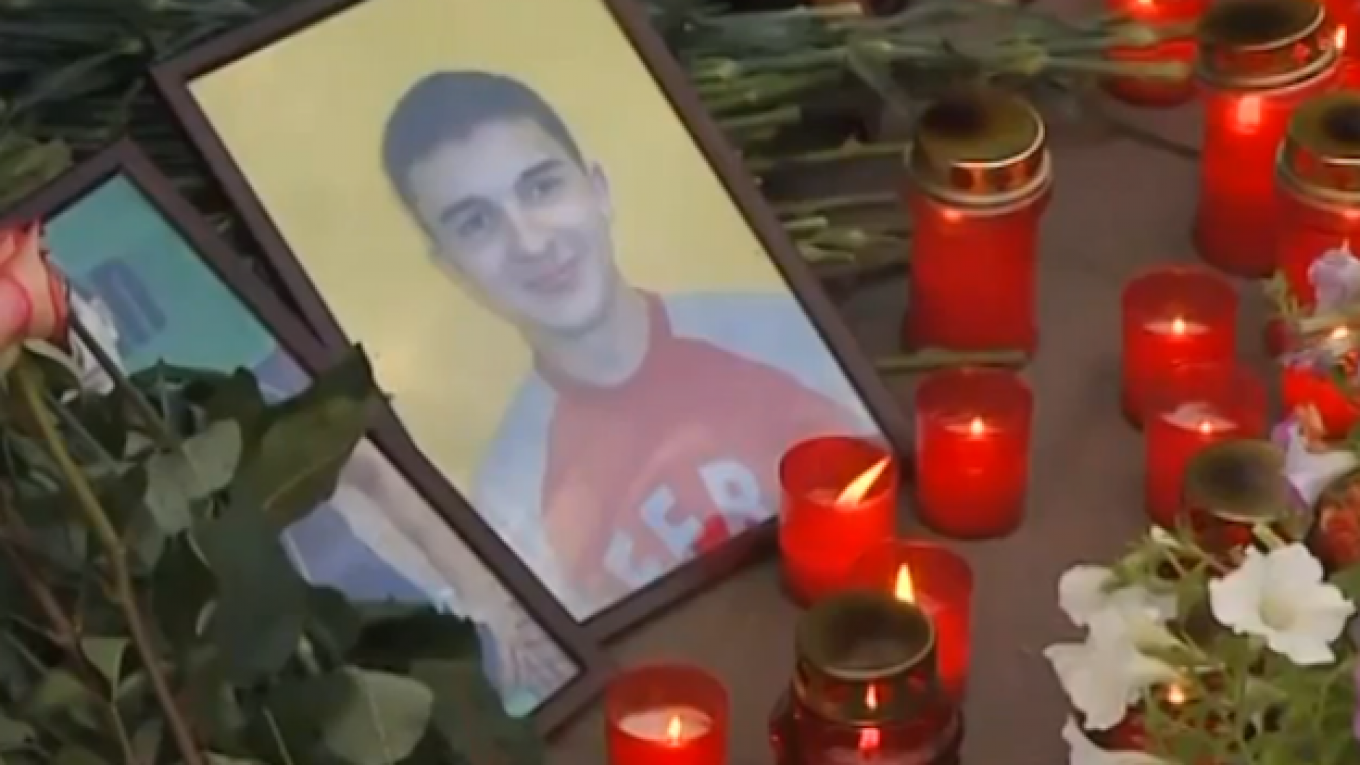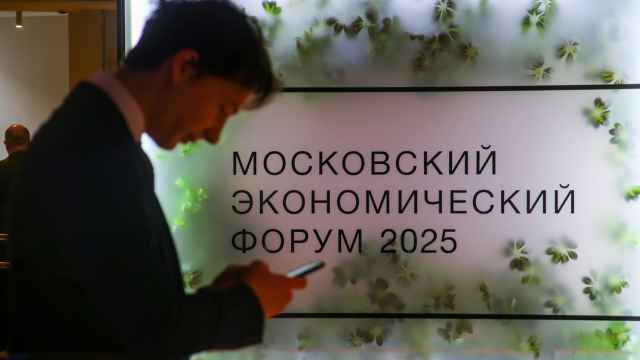The Moscow suburb of Pushkino has closed a market near the site of a deadly attack on a 22-year-old fan of Moscow's Spartak football club, Leonid Saffyanikov.
The market close to Pushkino's train station and “other objects of unsanctioned trading” have been closed in the aftermath of Wednesday night's attack, the Pushkino district's press service told RIA Novosti on Friday.
The suspected attacker, 25-year-old Pushkino resident Zhakhongir Akhmedov, fled to his homeland of Uzbekistan after the altercation, only to be detained on Thursday and extradited to Russia, the Moscow region's investigative department said in an .
Supposed friends of Saffyanikov, who died of his injuries in a hospital, organized an unsanctioned meeting on Thursday evening in Pushkino, calling for the crime “not remain unpunished” and for all illegal migrants to be “cleaned out from the markets,” which are popular places of employment for people from Central Asia and the North Caucasus.
Saffyanikov allies put up posters claiming that Akhmedov was an illegal immigrant, however, a spokeswoman for the Federal Migration Service said that he was living in Russia legally, Interfax reported.
The appearance of the posters coupled with the ultra-nationalist reputation of some Spartak fans had sparked fears of riots similar to those which took place in 2010, when the shooting of a Spartak fan in an inter-ethnic fight led to outbreaks of violence in central Moscow, and two deaths.
Police told RIA Novosti that about 500 people walked through the streets of Pushkino on Thursday after a service was held to remember Saffyanikov.
A Moscow region police spokesman said Friday morning that 57 people had been given administrative protocols for disorderly conduct and, but that no serious incidents had been reported.
See also:
Death of Spartak Fan Inspires Fear of Repercussion
A Message from The Moscow Times:
Dear readers,
We are facing unprecedented challenges. Russia's Prosecutor General's Office has designated The Moscow Times as an "undesirable" organization, criminalizing our work and putting our staff at risk of prosecution. This follows our earlier unjust labeling as a "foreign agent."
These actions are direct attempts to silence independent journalism in Russia. The authorities claim our work "discredits the decisions of the Russian leadership." We see things differently: we strive to provide accurate, unbiased reporting on Russia.
We, the journalists of The Moscow Times, refuse to be silenced. But to continue our work, we need your help.
Your support, no matter how small, makes a world of difference. If you can, please support us monthly starting from just $2. It's quick to set up, and every contribution makes a significant impact.
By supporting The Moscow Times, you're defending open, independent journalism in the face of repression. Thank you for standing with us.
Remind me later.






